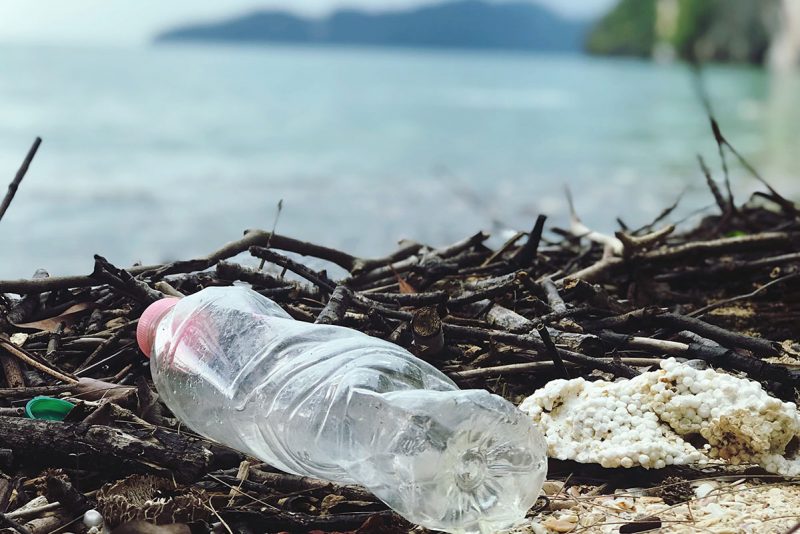Plastic pollution poses a serious threat to Bali’s natural environment, impacting its beaches, marine life, and overall ecosystem. As tourism continues to grow, the island has taken proactive steps to address this issue and ensure its beauty is preserved for future generations.
From community initiatives to government regulations, Bali’s efforts to combat plastic pollution offer a model for other regions facing similar challenges. Visitors to the island can also play an active role in these initiatives, making their trip more meaningful and sustainable.
Battling Plastic Pollution Bali’s Path to Sustainability
Here are five ways Bali is combating plastic pollution.
1. Plastic Bag Ban
In 2019, Bali introduced a groundbreaking ban on single-use plastic bags, straws, and Styrofoam. This policy encourages residents and visitors to adopt reusable alternatives, significantly reducing plastic waste.
Tourists engaging in Bali activities often notice this initiative in local markets and shops, where reusable bags are now a common sight. This measure has not only reduced litter but also raised awareness about sustainable practices.
2. Community Clean-Up Campaigns
Local communities frequently organize clean-up drives on beaches, rivers, and villages to remove plastic waste. These campaigns bring together residents, businesses, and tourists to collectively address pollution and foster environmental responsibility.
With the help of a Bali private driver, visitors can easily participate in these clean-up events, contributing to the island’s efforts to maintain its natural beauty.
3. Eco-Brick Initiatives
Bali has embraced the concept of eco-bricks, where non-recyclable plastics are packed into bottles to create building materials. These eco-bricks are used for community projects, turning waste into something useful.
This initiative not only reduces the amount of plastic waste but also provides a practical solution for managing non-biodegradable materials. Visitors can explore workshops or projects showcasing eco-brick innovations.
4. Sustainable Tourism Practices
Hotels, restaurants, and tour operators in Bali have adopted sustainable practices to reduce plastic usage. Many establishments offer refillable water stations and use biodegradable packaging to minimize their environmental impact.
Tourists participating in Bali activities are often encouraged to bring reusable bottles and avoid single-use plastics, making their travels more eco-friendly while supporting local sustainability efforts.
5. Educational Programs and Campaigns
Education plays a crucial role in addressing plastic pollution. Schools, NGOs, and community organizations in Bali run programs to teach children and adults about the importance of reducing plastic waste and adopting sustainable practices.
Visitors can learn about these efforts through cultural tours, where guides often highlight the challenges of plastic pollution and how Bali is combating them.








